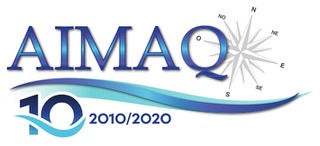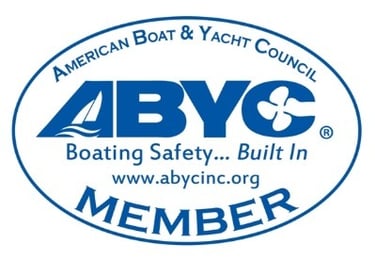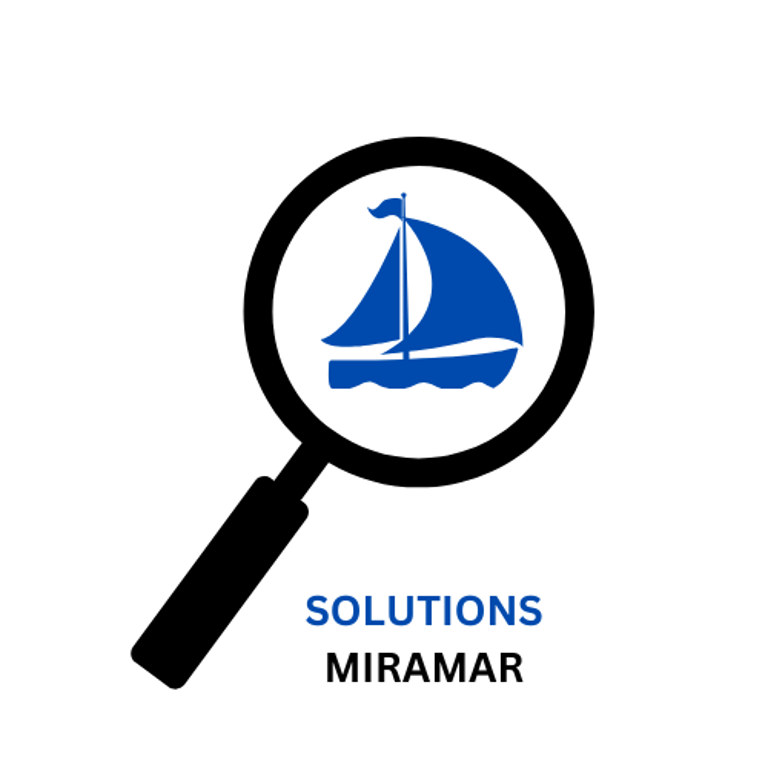Of surveys and surveyors




Frequently asked questions
Q1: What are the main types of marine surveys?
A1: Marine surveys include pre-purchase surveys, insurance surveys, seller’s, out-of-water inspections, consultations (for repairs or new builds), and damage surveys.
Q2: What is the purpose of a pre-purchase survey?
A2: A pre-purchase survey assesses a vessel's condition and value before purchase, checking for issues like poor design, non-functioning systems, missing parts, and installation damage.
Q3: What does an insurance survey typically involve?
A3: An insurance survey evaluates a vessel's overall condition and value. It is often requested by insurance companies to assess risk exposure and equity value.
Q7: What is the purpose of a marine survey?
A7: A marine survey involves inspecting and evaluating a yacht or vessel, focusing on its construction, condition, and systems. The goal is to identify both positive aspects and defects, with findings presented in a report with recommendations.
Q4: What standards are used in marine surveying?
A4: Marine surveys follow standards from the United States Coast Guard (USCG) or Transport Canada (TC), the American Boat and Yacht Council (ABYC), and the National Fire Protection Association (NFPA). Compliance varies with the vessel's intended service.
Q5: What should be prepared before a marine survey?
A5: Before a marine survey, unlock compartments, remove excess equipment, and provide maximum access to all areas.
Q6: What are the basic qualifications required for a marine surveyor?
A6: Be cautious when hiring a surveyor who charges less than competitors, as they may lack experience or commitment. Experienced professionals are members of ABYC and adhere to strict educational and ethical standards. They charge reasonable fees, provide thorough surveys, and offer valuable repair feedback. A marine surveyor should also have strong expertise in engineering and systems knowledge.
SERVICES
Contact
info@solutionsmiramar.com
(514) 618-6361
© 2024. All rights reserved.
Training and Coaching
